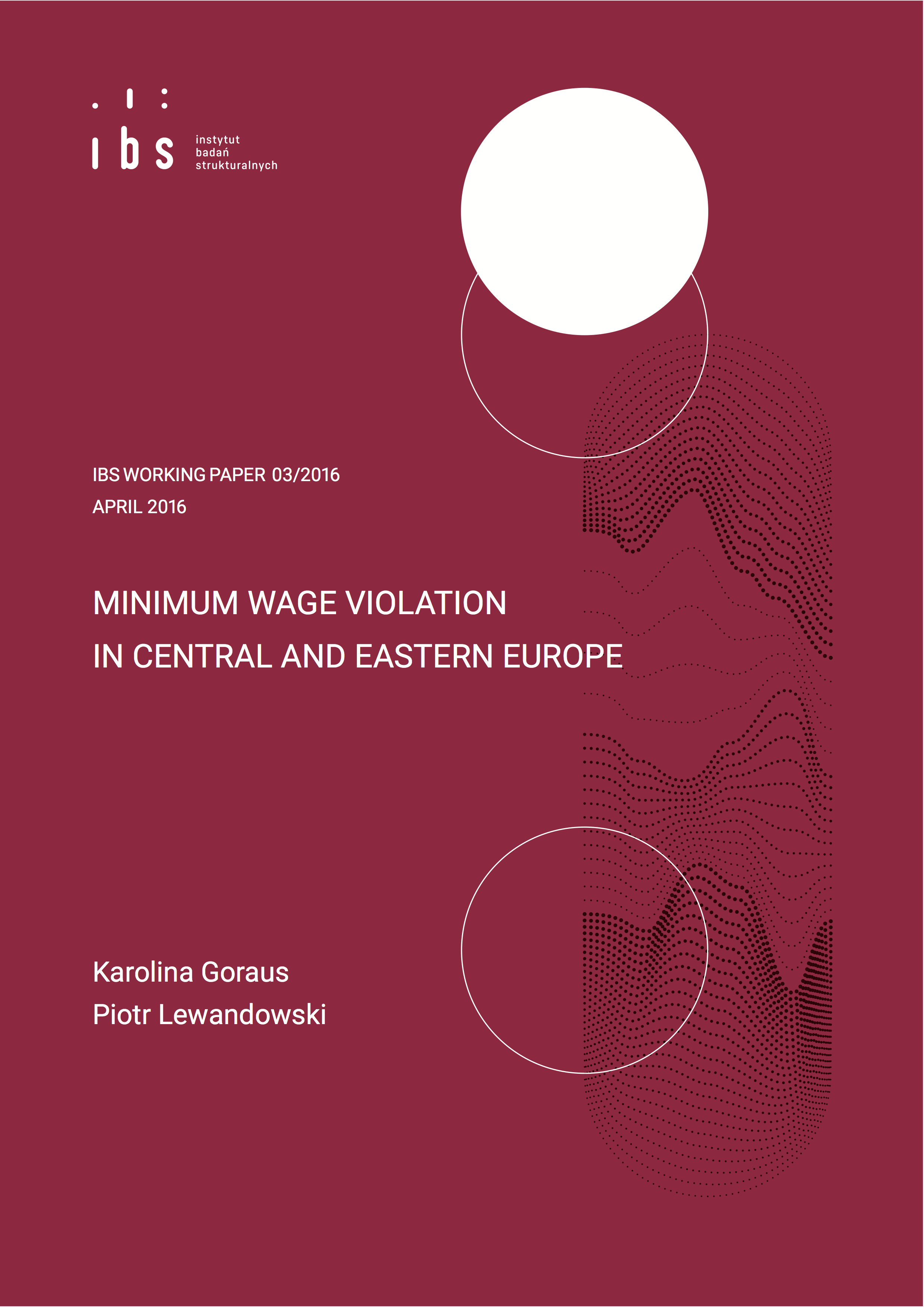Minimum wages continue to be at the centre of the policy debates in both developed and emerging economies. Such policies can only be effective if (1) the existing regulatory system does not have gaps that allow for the payment of wages below the minimum wage, and (2) the existing minimum wage laws are not violated (too often). In this paper we analyse minimum wage violations in 10 Central and Eastern European countries that have joined the EU since 2004, and that have statutory national minimum wages. Utilising EU-SILC data, we use the methodology proposed by Bhorat et al. (2013) to analyse both the incidence of minimum wage violations, as well as the monetary depth of these violations. We find that on average in 2003-2012, the estimated incidence of violations ranged from 1.0% in Bulgaria, to 1.3% in the Czech Republic, around 3% in Romania and Slovenia, 4.7% in Poland and Hungary, 5.6% in Latvia, and 6.9% in Lithuania. The average pay shortfall ranged from 13.7% of the country-year specific minimum wage in Estonia, to 41.7% in Slovenia. In all of these countries, workers who were female, less-educated, in the service or agricultural sector, in a micro firm, or with a temporary contract were more likely than other categories of workers to earn less than the minimum wage they were entitled to. While higher minimum to median wage ratios were associated with higher levels of non-compliance, this effect was present within countries over time, but not between them.

We thank Szymon Górka for his excellent research assistance, Andrea Garnero for reviewing the draft version, as well as the participants of IBS Jobs Conference 2015 in Warsaw and ICRIER International Conference on Jobs for Development in New Delhi for insightful comments. This paper was financially supported by the Network for Jobs and Development initiative under the auspices of the World Bank. Usual disclaimers apply. All errors are ours.

